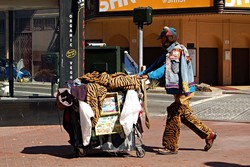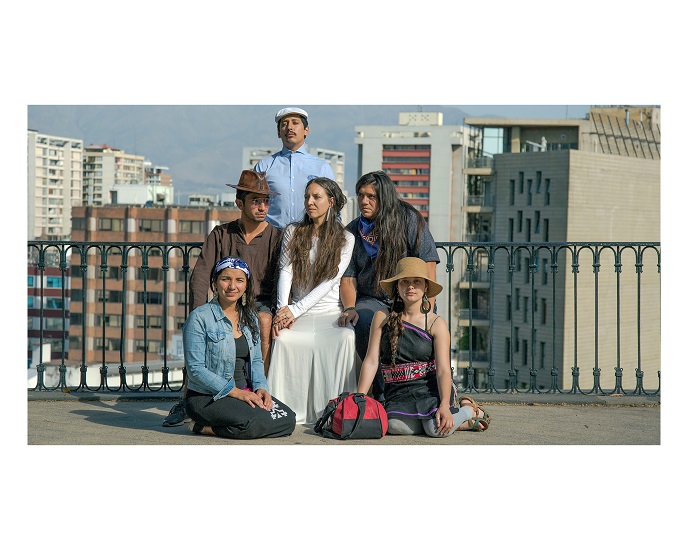Poverty redefined
In recent decades, the United States has seen a rise in economic and social inequality, fuelled more recently by the economic crisis. One way of addressing this socioeconomic challenge is by empowering disadvantaged minorities to participate in the public sphere and become politically active so they can influence change. Against this backdrop, the EU-funded GENIDMOV (Construction and modes of expression of differences in collective action of Afro-Americans and Latinos in a California barrio. Two case studies: One East Palo Alto and San Francis of Assisi) project studied political participation of those concerned. It interviewed women, Afro-Americans, Latinos and immigrants in San Francisco to identify their relationship to politics while considering gender, class, race and ethnicity in political participation. Marginalised communities or minorities are generally not interested in political participation and voting, even if most have political preferences and can become active politically – unless they are illegal immigrants. Against this backdrop, the project team established three key findings that can be useful in encouraging political participation. First, it found that poverty is not necessarily a permanent state, but more one of two situations: inherited poverty or poverty as a ‘bump on the road’. Respondents rising economically had mostly inherited their poverty situation, whereas those on a descending trajectory were mostly pushed into poverty, which wasn’t typical of their social or familial origins. Second, the team found that the daily struggle for survival encourages individualistic behaviour and leads to a search for scapegoats (‘blacks’ for Latino immigrants, ‘Muslims’ for naturalised Asians, etc.). This is due to several reasons, one being ‘last spot aversion’, which increases as income decreases and as the last social place looms closer. Third, GENIDMOV found that competition for social support and daily struggles do not favour the emergence of collective solidarity and group consciousness based on gender, ethnicity and other factors. Significant differences among people in the same group before they became poor also work against collective solidarity. The revealing results were disseminated to stakeholders in Europe and the United States through academic events, conferences, press releases and journals. Research partnerships were also formed, highlighting the latest outcomes on poverty. The results will no doubt contribute to the discourse on alleviating poverty.







